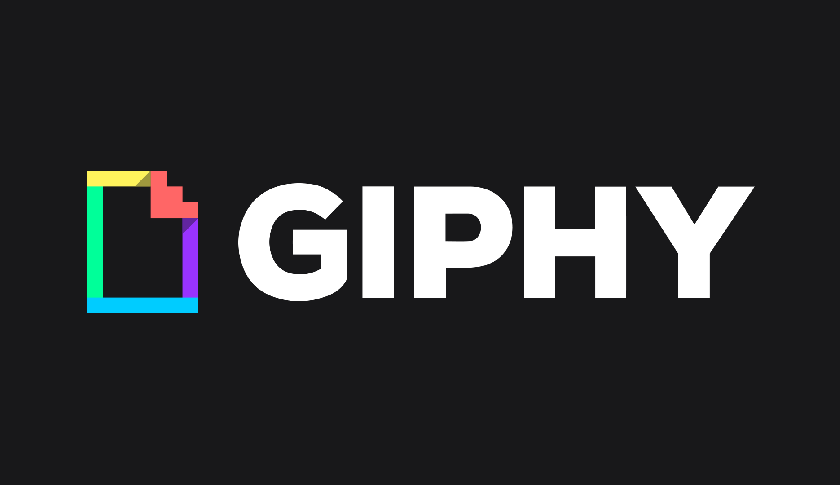Month: November 2016
Malaysian Fruiti King Raises MYR 5 Million In Funds Via CrowdPlus.asia
Fruiti King, a natural and nutritional fruity icy treat was able to raise MYR 5 million in CrowdPlus.asia, ASEAN’s first Equity Crowdfunding Platform licensed by Securities Malaysia. The amount is roughly translated to US$1.19 million.
This is the second round of funding for the local fruit icy treats company after it has raised MYR 1.5 million (approximately US$ 357,250) earlier in 2016 from Netrove Ventures Group, a regional venture capital firm.
“The local ice cream hero will utilize this fund for its overseas expansion in markets that have shown a keen interest in importing and distributing its products, including China, Hong Kong, Singapore, Korea and more.” Bryan Chung, the COO of CrowdPlus.asia said in a statement yesterday.
The story goes, as the startup was founded when Gideon Leong tasted a popsicle made in Ipoh. Surprised by the popsicle’s fruity flavor and unique texture, Gideon decided to bring the product to the market that holds no competition.
Mr. Cool popsicles were launched. And since then, the product has been well-received and even further enhanced with the growing health-conscious consumer behavior which brought endless potential to the product.
Fruiti King, on the other hand, was the brainchild created when Gideon met Mr. Teh Kim Seng, the Chairman of Netrove Ventures Group. It was a decision to move the business forward and unlike Mr. Cool who focused on selling popsicles to the mass market Fruiti King was going to tackle the gelato and ice-cream market.
Even its name bore its intended meaning, as “Fruiti” with an Italian flare denotes the emphasis on fruit as a key ingredient in their products and “King” is used to describe the taste of their products as being the pinnacle of its class.
To do so, the company makes its ice cream utilizing the special fruit preservation technique used in their popsicles that will retain the original taste, texture and nutritional value of the fruit in its icy form. To date, the flavors available are Jackfruit, Mango, and Durian which includes Musang King and D24.
Following the funding, Gideon Leong commented saying that “It was indeed a pleasant surprise as I didn’t expect to raise this amount through crowdfunding but I am glad that I did this. The team is thankful for the vote of confidence in our startup by the crowd.”
For more information, please visit http://fruitiking.com/
By Vivian Foo, Unicorn Media
Chinese Bike-Sharing Startup Mobike Is Riding To Its First Stop In Singapore
China’s bike-sharing startup Mobike is exploring new opportunities as it plans to introduce its bike-sharing services in Singapore. Co-founded by a former Uber executive, Mobike is offering a new mode of transportation for short distances traveling using the electronic bike.
Mobike is also the world’s first station-less bike sharing service, where users can just book and pick up an electric bike, ride it for short distances before returning it to any public bicycle parking. But ultimately this is enabled as the bike-lock is activated by scanning a QR code.
With Mobike, it will not only solve the individual’s personal transportation problem but more importantly, the electric bike will incarnate a revolutionary lifestyle which is much healthier, reducing congestion and pollution that is caused by transportation.
This also goes in lieu with Singapore’s development as the city-state is pushing to become a cycling-friendly city, evident with the government National Cycling Plan that aims to create a cyclist-friendly, extensive well-connected off-road network that will provide safe and healthy cycling for all.
Florian Bohnert, Mobike’s Singapore general manager who has moved to the country for its expansion said that it has been in talks with universities and polytechnics in Singapore to start the service on their campuses.
“Students can cycle from classroom to classroom within the campus, or from the campus to a nearby MRT station, or even a neighboring town.” Florian Bohnert told The Straits Times.
Mobike uses their own manufactured bikes whereby the bikes consist of a full aluminum frame which will prevent rust, airless tires and a crank-and-shaft transmission with the drivetrain concealed, that will prevent users to deal with the traditional issue of chains popping off. Furthermore, the bike locks charge themselves when the user pedals. These features result in the bikes being maintenance-free for 4 years.
In China, the startup is locked in battle with local rivals like Ofo which are backed by the support of Xiaomi and Didi Chuxing, the most dominant ride-hailing. However though Mobike has only found its footprints in four cities of Shenzhen, Guangzhou, Shanghai, and Beijing, but the startup has found favor with investors like Tencent, Sequoia Capital, and Singapore Vertex.
By Vivian Foo, Unicorn Media
Giphy Raises Additional US$72 Million In Funding, Now Values At US$600 Million
Looking at Mario, it is perculiar how such a simple looping animated image featuring viral moments or pop cultural references manages to be so eye-catching.
Known as a GIF, which is short for Graphics Interchange Format, the animated image has exploded in popularity and successfully drawn in big interest from users and investors. As Giphy, the platform for all things GIF has announced today that it has raised US$72 million in its round of equity funding. The funding was led by Draper Fisher Jurvetson, Institutional Venture Partners, and China Media Capital as well as existing backers Betaworks, RRE Ventures, Lightspeed Venture Partners, and Alphabet Inc’s GV.
Following this, the startup based in New York has now doubled to a total funding of US$150 million as well as a valuation reported at US$600 million. As reported by The Wall Street Journal, this growth in funding and valuation came after the startup made an announcement last week that its GIFs has a daily viewership of 100 million people and that it serves one billion GIFs per day through its search engine, apps, and partnership deals which includes Viacom, Disney, and Major League Baseball. In totality, this culminates to about 2 million hours of GIFs viewed each day.
Understanding the never-ending thirst for silent, short videos ranging from silly to serious matters, the company was founded in February 2013 by Alex Chung and Jace Cooke. Although the company started out as part of a Hacker-in-Residence program at betaworks, it has always held the mission to make GIFs more searchable and shareable. The platform has since then been GIF-orientated, providing GIF-based products, including the ability to turn video into a GIF, Giphy Keys – a GIFkeyboard, and Giphy Cam available App Store, which is a portfolio of tools to help media companies publish GIF contents.
Additionally, the company also has a team in Giphy Studios that helps broadcast GIFs primarily turning media events like the Oscars or the Emmys into a library of GIFs, which is done in real-time. Furthermore, Giphy offers all these tools and resources to individual publishers and media companies for free, without any copyright restraints. In other words, to date, Giphy has not activated any form of monetization and is operating on a zero revenue basis.
Though it may seem like that this lack of exchange does not fare well for Giphy’s future revenue streams, but Giphy founder and CEO, Alex Chung sees a huge opportunity in advertising, saying at the TC Disrupt SF in September that “In a world where mobile messaging needs a native ad format, GIF is the perfect format for that.” He further elaborated that the mobile platform has yet to land on a native advertising format and his ambitions for GIFs to fill that role. It would be done in a way where brands could insert their products into intimate conversations, done so in a format that would feel natural and relevant.
But for now, Giphy says that it is not going to flip the monetization switch as long as the service continues to grow and investments flows in. For this round of funding, Giphy intends to use the funds to hire more editorial staff as well as in projects for the improvement of its technical capabilities.
On the same not, Giphy has also seized on the popularity of Vine, the six-second video service that began shutting down last week, offering users the option to convert Vine videos into GIFs, with the provided option to download the original file, audio and all from Giphy at any time.
For more information, please visit http://giphy.com/
By Vivian Foo, Unicorn Media
- ‹ Previous
- 1
- …
- 3
- 4
- 5



